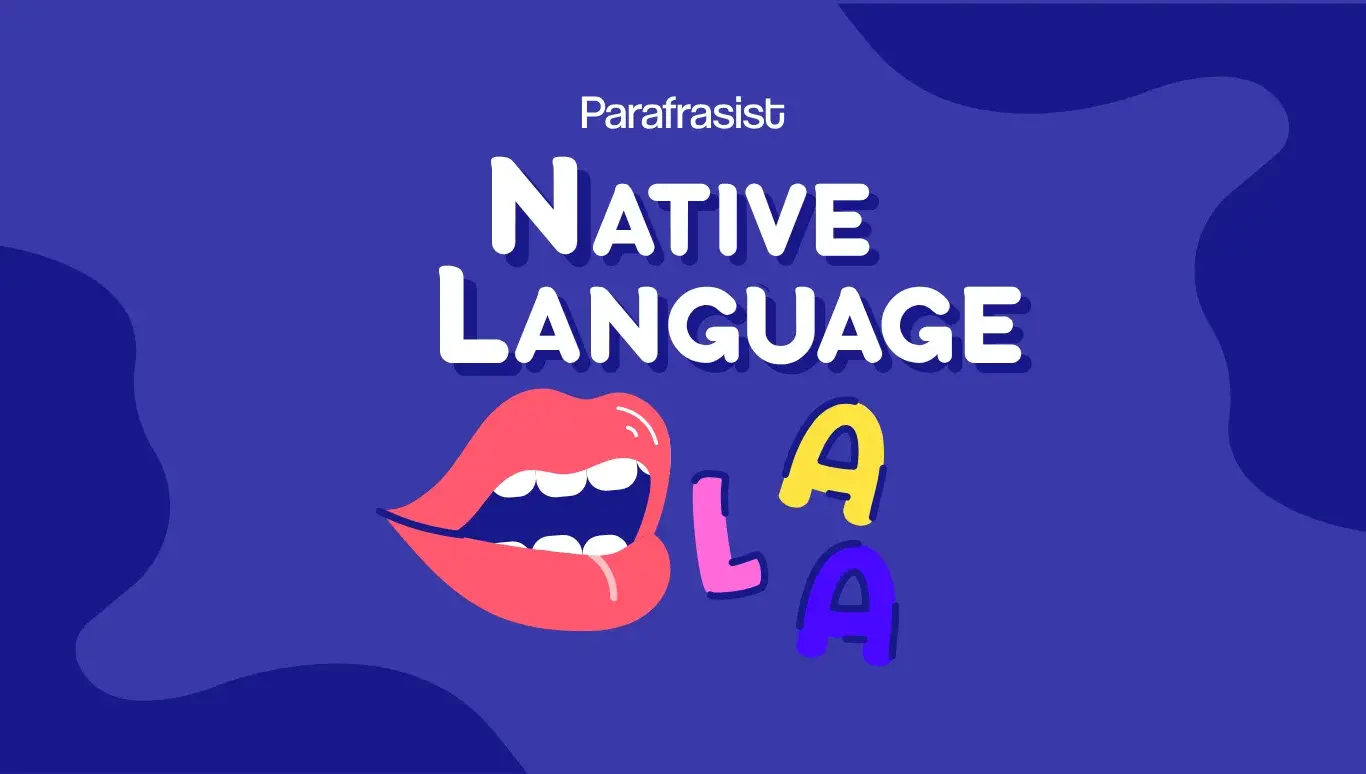International Mother Language Day
Adriana
February 21, 2023

What is the mother tongue?
The mother tongue is the first language a person learns from birth or early childhood . It is the language in which a person is most competent to communicate. The mother tongue is not only a means of communication, but also a source of identity and cultural heritage.
It was at the UNESCO General Conference of 1999, where its celebration was approved every February 21, this thanks to the initiative of Bangladesh.
What is my mother tongue?
The mother tongue is the language in which a person thinks, feels and expresses himself most naturally. It is the one in which the personality and character of a person is best manifested, in addition, it plays a crucial role in the cognitive development, socialization and emotional rest of a person. Studies have shown that children who are introduced to their native language do better in school than those who are not. This is because they understand the concepts more easily when they are discussed in their mother tongue. Learning in the mother tongue also helps to preserve the culture and traditions of a society.
The mother tongue is essential not only for individuals but also for societies and communities . It is the basis of a society's culture and identity, it transmits a sense of belonging and connection with one's own roots, and it is also a fundamental tool for preserving the plurality of languages and civilizations at an international level. Finally, the mother tongue is an important part of a person's identity, culture and heritage. It is not only a means of communication, but also a source of emotional well-being, cognitive development and socialization. Preserving and promoting the use of mother tongues is crucial to preserving the diversity of languages and civilizations on the planet.
If you want to make a summary of this text, you can enter Parafrasist.com , it is a free tool for students, teachers and professionals in the field of writing.